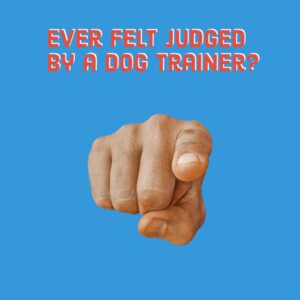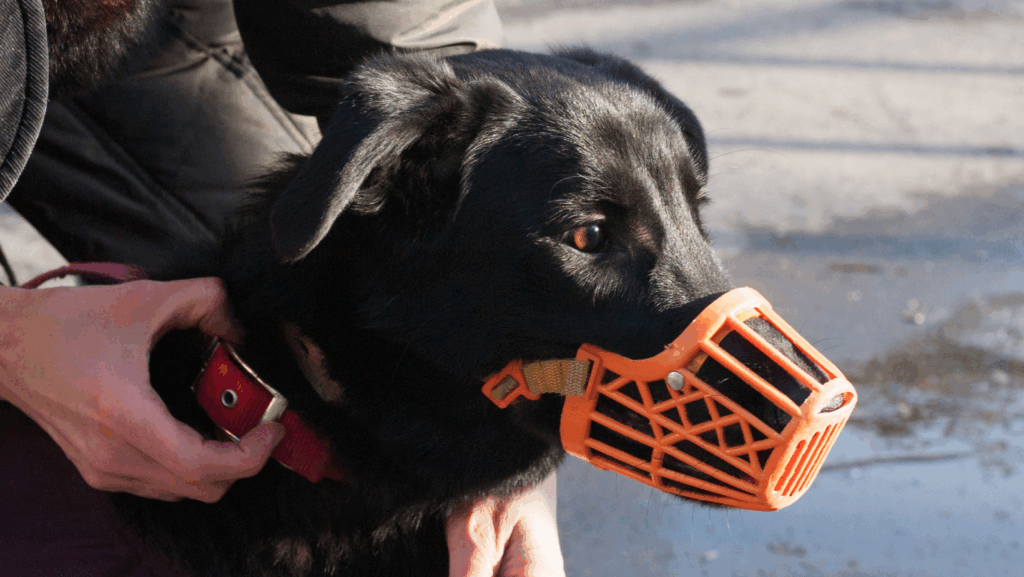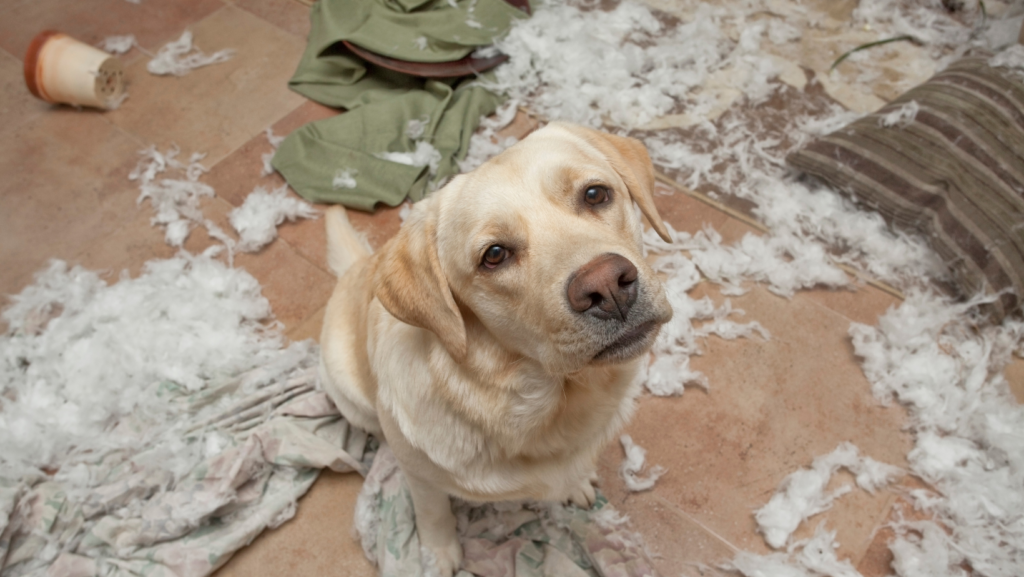That’s a REALLY good question.
First of all, I want to address the fact that NO dog trainer has the right to be critical and judgmental of dog owners. MOST dog owners love their dogs fiercely, and treat their dogs as a member of the family.
If you ever feel judged or criticized by a dog trainer please know that that dog trainer was once a dog OWNER, and probably made some HUGE mistakes of their own…that’s WHY they are a dog trainer.
So, why are they so critical of regular dog owners? It’s not because they are mean people (well, most of them aren’t). It’s because we’ve SEEN what happens to dogs when bad behaviors are not fixed, or people buy a dog that doesn’t fit with their lifestyle. The dog ALWAYS pays the price.
It’s a hard fact to face, but a dog with bad behavior usually gets passed around from home to home, or home to shelter, and will wind up being put down. The cute puppy behavior that is not a problem for the first 6 months all of a sudden IS a problem. Your cute fluffball has turned into a Tasmanian devil.
Human families come first, as they should. So the dog gets contained in a crate or garage, or given away. The problem never gets fixed, and after a few rounds of being adopted they end up in a shelter. They only have so long in a shelter before their number is up, and then they are euthanized.
As a dog trainer we are firsthand witnesses of this again, and again, and again. So while it’s never the RIGHT thing for us to be judgmental or critical, it happens to the best of us because we see dogs die needlessly.
I offer my sincerest apologies for those who have been on the receiving end of criticism from dog trainers. Please know it was probably a mistake.
We all have good hearts and we are trying to pass on our wisdom and knowledge so you and your dog can have a happy successful life.





